Enhanced CT is actually to inject some contrast agents into the patients under examination on the basis of ordinary CT. Commonly used contrast agents are iodine-containing water-soluble contrast agents, which will enter the blood circulation so the lesion can be visualized more clearly. The purpose of enhanced CT is to strengthen the contrast between the lesion and the surrounding tissues, which is more conducive to the discovery of the lesion, and at the same time, it can more clearly show the scope and nature of the lesion, and provide more and clearer information for the imaging doctor, which is conducive to the diagnosis of the disease, reducing missed diagnosis and misdiagnosis.
CT enhancement is indispensable in the diagnosis of certain diseases. Although CT plain scan can find some lesions, some lesions cannot or are difficult to find on CT plain scan, such as vascular malformations, early cancers and metastases. Like liver lesions, liver cysts, intrahepatic hemangioma, and liver cancerare all low-density lesions, which are difficult to distinguish only by CT plain scan, but after injection of contrast agent, it is easier to make a diagnosis based on the change of the contrast agent in the lesion and the enhancement of the lumps. For patients with malignant tumors, the density of blood vessels and lymph nodes in CT plain scans are similar, and they are all isodense, which cannot distinguish the metastasis of lymph nodes in the neck, mediastinum, and abdominal cavity well. If the enhanced scan is not done, it is possible that some malformed blood vessels are mistaken for lymph node metastasis, or metastatic lymph nodes are regarded as normal blood vessels.
Some people say that since enhanced CT is so good, why not eliminate CT plain scan and all use enhanced CT? This idea is also wrong. First of all, CT plain scan is enough for some diseases, and does not require enhancement, such as cerebral hemorrhage, pulmonary nodules, craniocerebral trauma and lung contusion. In the emergency department, CT plain scan can quickly help doctors make preliminary decisions; Secondly, the price of enhanced CT is relatively high. Due to the need for a dedicated injection of contrast agent, it takes a long time, which not only increases the burden on the patient, but also increases the workload of the doctor; the different types of contrast media in CT that enter the human body again is not completely non-toxic and harmless. Generally speaking, the combination of plain scan and enhanced scan can better reflect the characteristics of the lesion. However, for angiography of various parts of the body, such as coronary CTA, chest and abdomen great vessels CTA/CTV, limbs vascular CTA/CTV, only direct enhancement is required, no plain scan is required.
What should I pay attention to after enhanced CT?
1. The contrast agent circulates through the blood throughout the body, and is finally discharged through the kidneys. 99% of the contrast agent will be excreted from the kidneys. Therefore, patients with renal failure should not undergo this test. For those with normal renal function, the examination should be performed within 24 hours before and after CT enhancement. Drink more water and urinate, so that the contrast media products can be eliminated from the body as soon as possible.
2. People who are allergic to iodine cannot undergo enhanced CT examination. Before the enhanced CT, the doctor will ask about the history of allergies in detail. Severe allergies are relatively rare, but once they occur, they can cause anaphylactic shock and even respiratory and cardiac arrest. Therefore, after the enhanced CT, you have to observe for half an hour outside the examination room before leaving.
3. Patients with abdominal and pelvic enhanced CT should try their best to empty the intestines and fast overnight to reduce the interference of feces and intestinal gas on the development. It is not feasible to perform upper gastrointestinal angiography or barium enema one week before CT to prevent the contrast agent and barium sulfate from remaining in the intestinal cavity and affect the development.
4. If there is severe hyperthyroidism and the condition is not well controlled, try not to do enhanced CT, because the injected iodine-containing contrast agent may aggravate the hyperthyroidism. Since the contrast agent is injected into the body by a high-pressure syringe, patients with severe cardiopulmonary insufficiency may induce heart failure and respiratory failure if the contrast agent is injected quickly, so full evaluation must be done before enhanced CT.
5. When doing CT, remove the metal and various accessories on the clothes to reduce the artifacts caused by the metal.
6. For patients with diabetes taking metformin, it is necessary to stop metformin for 48 hours and continue until 48 hours after the examination.
7. The radiation dose of enhanced CT is higher than that of plain scan. Don't get tired and rest more after the examination.
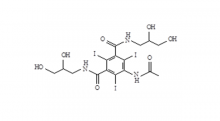 Iohexol Intermediate 5-Amino-N,N'-bis(2,3-dihydroxypropyl)-2,4,6-triiodo-1,3-benzenedicarboxamide
Iohexol Intermediate 5-Amino-N,N'-bis(2,3-dihydroxypropyl)-2,4,6-triiodo-1,3-benzenedicarboxamide
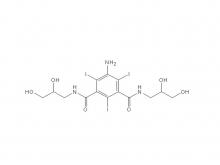 Iohexol/Ioversol Intermediate 5-Amino-N, N'-bis(2,3-dihydroxypropyl)-2,4,6-triiodo-1,3-benzenedicarboxamide
Iohexol/Ioversol Intermediate 5-Amino-N, N'-bis(2,3-dihydroxypropyl)-2,4,6-triiodo-1,3-benzenedicarboxamide
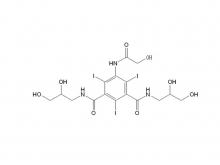 Ioversol Intermediate (order based) N, N'-Bis(2,3-dihydroxypropyl)-5-(glycoloylamino)-2,4,6-triiodoisophthalamide
Ioversol Intermediate (order based) N, N'-Bis(2,3-dihydroxypropyl)-5-(glycoloylamino)-2,4,6-triiodoisophthalamide
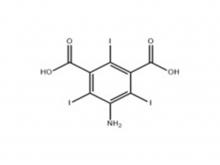 Iopamidol Intermediate (order based) 5-Amino-2,4,6-triiodoisophthalic acid
Iopamidol Intermediate (order based) 5-Amino-2,4,6-triiodoisophthalic acid
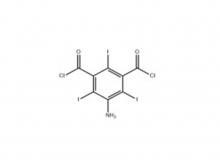 Iopamidol Intermediate (order based) 5-Amino-2,4,6- triiodisophthaloyl acid dichloride
Iopamidol Intermediate (order based) 5-Amino-2,4,6- triiodisophthaloyl acid dichloride
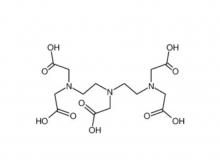 Diethylenetriaminepentaacetic acid (DTPA)
Diethylenetriaminepentaacetic acid (DTPA)

 EN
EN
 jp
jp  fr
fr  de
de  es
es  ru
ru  ar
ar 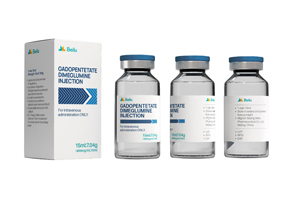
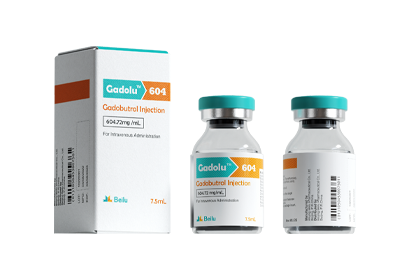
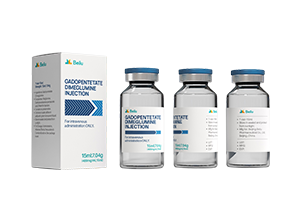
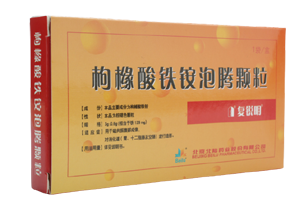
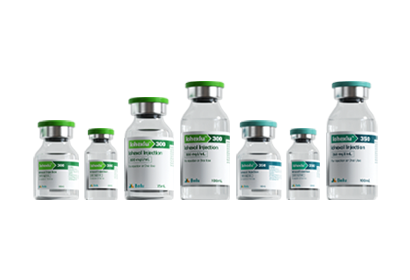
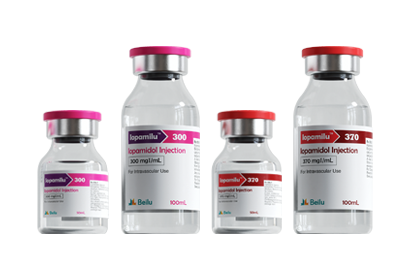
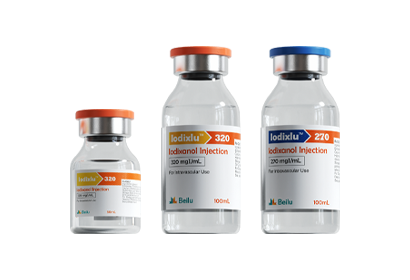



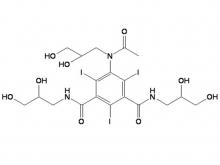
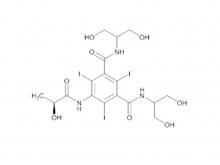
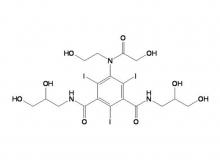
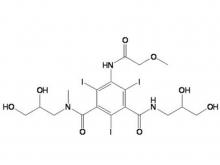
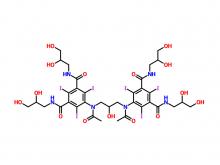
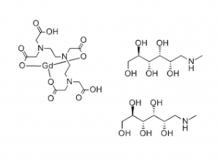
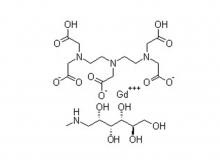
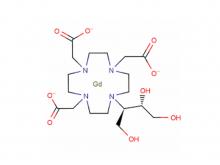
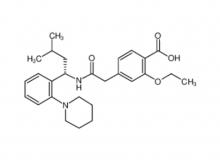
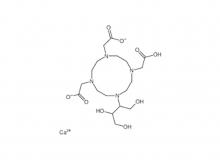
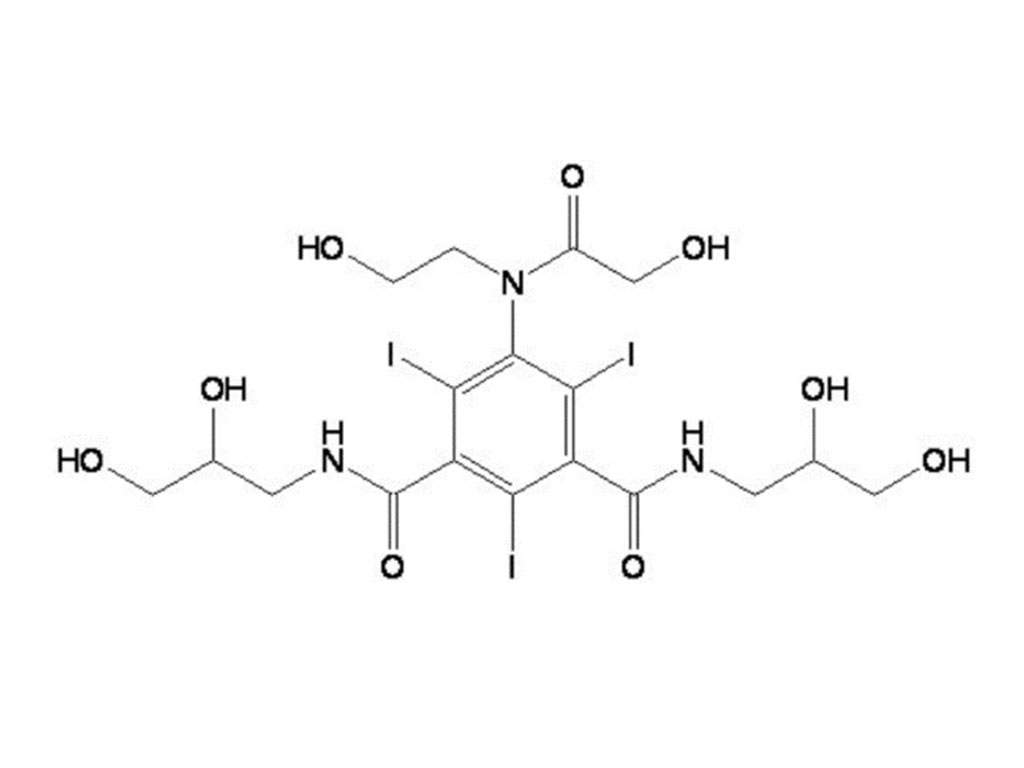
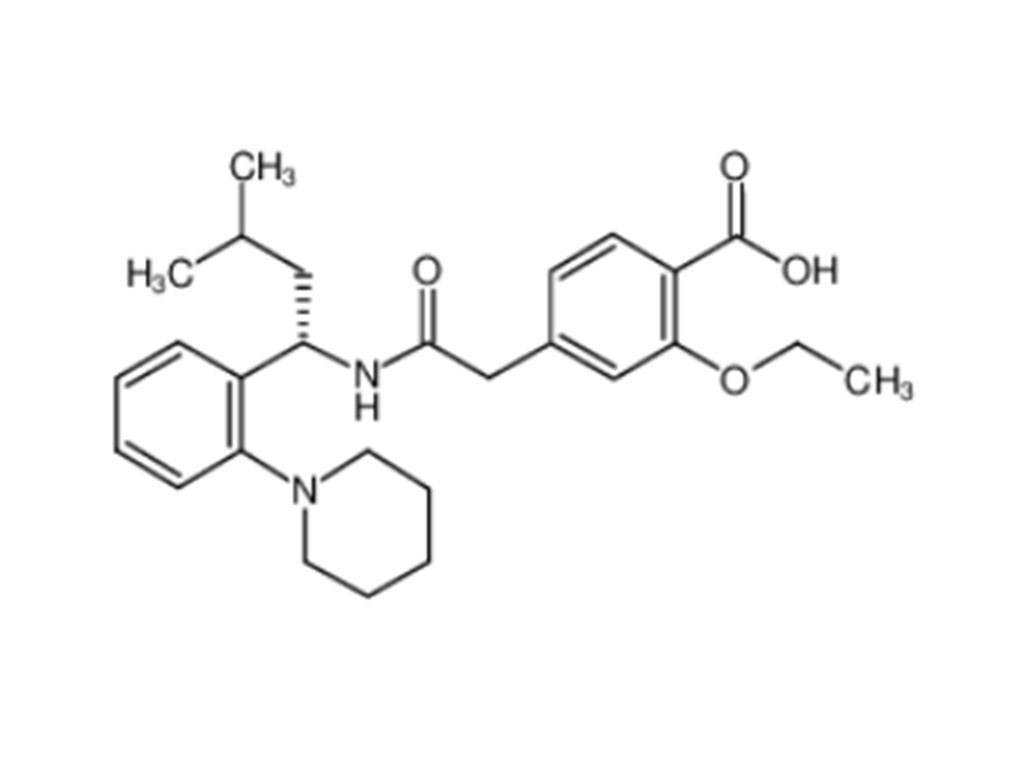
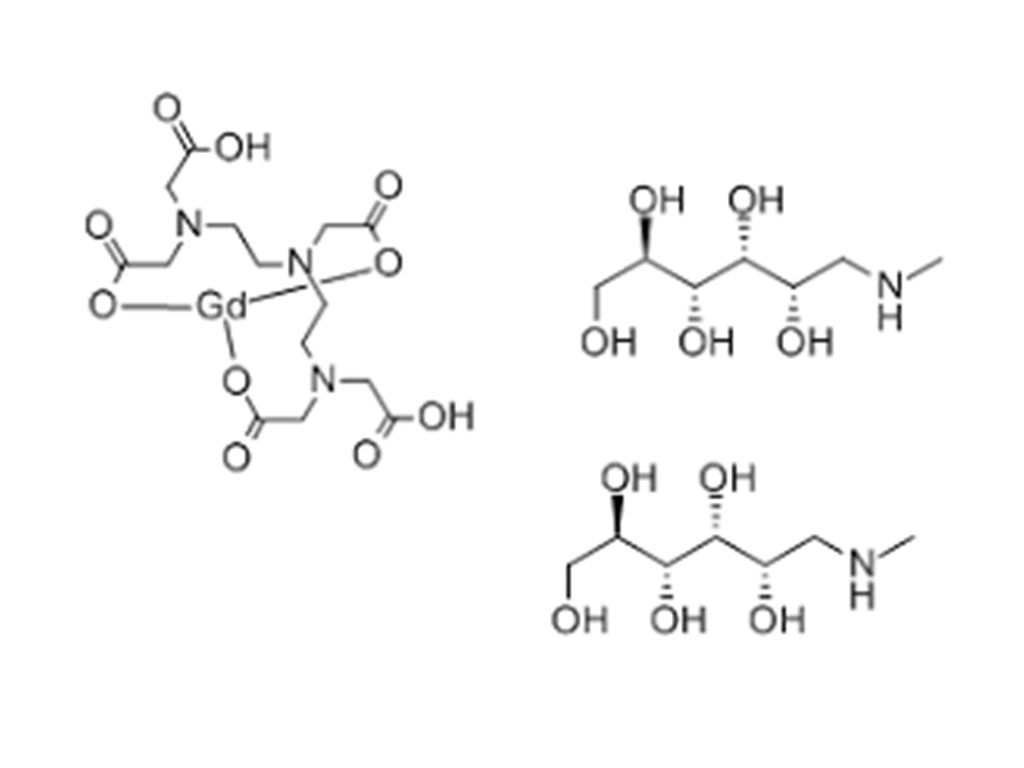
![[New Product] Beilu Pharmaceutical's Pioglitazone Hydrochloride and Metformin Hydrochloride Tablets Approved](/uploads/image/20251215/pioglitazone-metformin-tablets-approval-1003_20251215100442_400x400.webp)


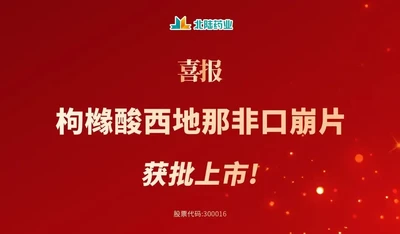
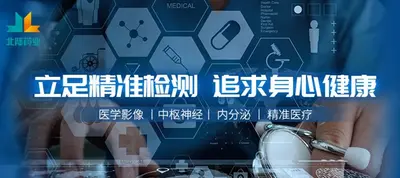
 Call us on:
Call us on:  Email Us:
Email Us:  No.3 Shuiyuan West Road, Miyun District, Beijing, China
No.3 Shuiyuan West Road, Miyun District, Beijing, China 